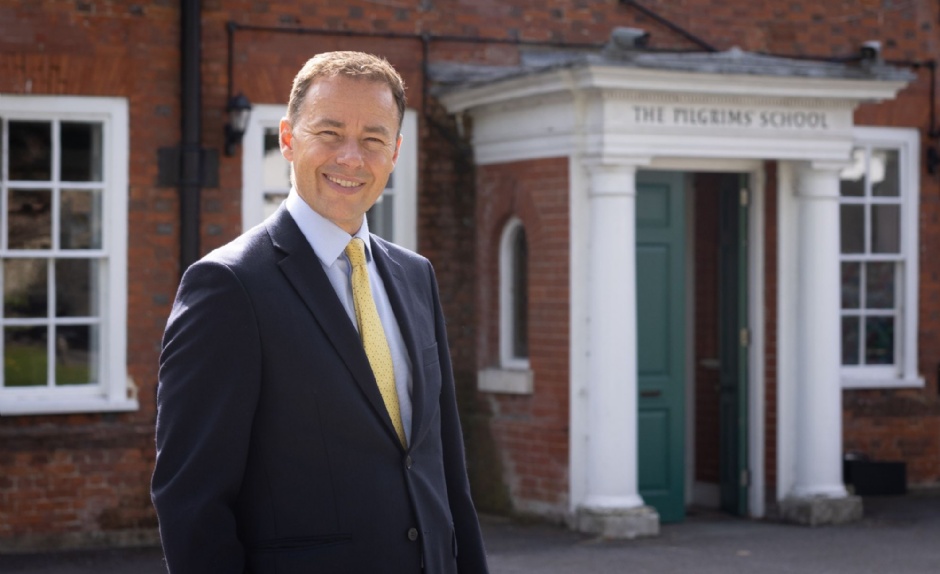The start to the season of Advent

Since leaving The Oval Office, Barack Obama has observed that as POTUS he had all the technical expertise he could have wished for at his disposal and he could have hired anybody at all to work for him; but that, for all this, most of the problems that crossed his desk could not be solved by technical solutions and most had no clear solution at all
All of the problems that had relatively black-or-white answers had, by definition, already been sorted out and addressed by someone else. What struck Obama was that the problems he had to deal with had a human face: they involved anger, jealousy, tribalism… A salutary reminder, if one were needed, that we focus solely upon technological solutions, or on technical understanding and theoretical knowledge, at our cost. Experience with, and understanding of, human motivation and needs, in all their messiness, will forever remain critical.
And so it is that, for all the pursuit of intellectual proficiency and academic success, in whatever form that takes, our children must be helped to develop their emotional literacy as a key skill that will help them be able not just to cope with Life, but to successfully manage it and thrive. It is the ability to understand and express their own feelings that will be the bedrock upon which they can build the ability to do the same for others in their minds; to sympathise and to empathise.
Investing the time to nurture this skill through properly meaningful dialogues; the strength of teacher-pupil relations; the centrality of the pastoral care, PSHEe syllabus and wellbeing conversations; all of these are integrally a part of the Pilgrims’ ethos. The relational skills that this multi-faceted provision encourages are a fundamental part of living well, and those able to grasp and adopt them will always be more effective at making and then nurturing human connection. This must be a ‘partner skill’ to making the best academic progress possible: in more immediately pragmatic terms, it means that those children come across far more effectively in interview – for they can make relational connections – and this will help show they can cut the mustard in comparison to other candidates. This is not the primary motivation, of course, but it is a truth that stands for all of us wanting to make the most of our boys’ potential and get them to a senior school that matches it.
As the season of Advent begins, we are reminded of the enduring power of the story of Christ’s birth, of the very idea of God made man incarnate. And I think one of the reasons the nativity strikes a note that resonates so deeply in our souls and through our culture is the idea and image of God omnipotent in the form of a tiny, all-too-fragile and vulnerable human baby in the most humble of surroundings. We are drawn to an instinctive idea of needing to protect such a new life, while it was He who was sent to ‘protect’, to save, us. God devised that Jesus should experience all that we do (and far, far worse) in order to make the most meaningful connection of all. When we face anger, jealousy, tribalism, what we need in solution is those things at the heart of Jesus’s teaching.
When we start to wish one another a Merry Christmas in the coming weeks, I will be encouraging the boys to remember what sits at the heart of the sentiment ‘merry’: a warmth of human connection so strong as to promote radiant happiness, laughter and joy. To be achieved, this needs acceptance and forgiveness of our and others’ faults, a willingness to look kindly upon the messiness of human relations, and an emergent understanding that all that really matters, in the end, is love.
Tim Butcher
Headmaster









